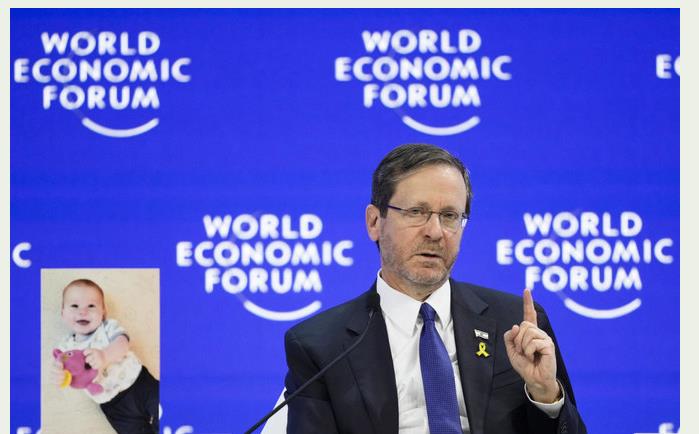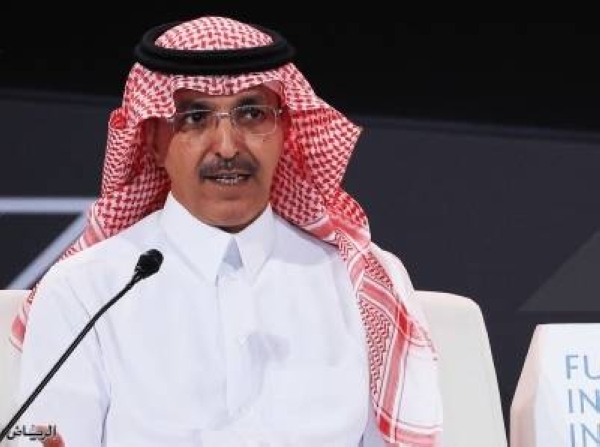
Many people believed that Mustafa Al-Kadhimi’s exit as Iraqi prime minister would negatively affect Saudi-Iraqi relations. Al-Kadhimi worked hard to strengthen the relations of his government with Riyadh, while adopting a policy aimed at reducing regional tensions, keeping Iraq neutral in conflicts, drawing it closer to its Arab environment, and liberating Iraqi decision-making — as much as possible — from external pressures, specifically Iran.
Al-Kadhimi’s efforts were positively received in Saudi Arabia and the Gulf, as the trust between him and the region’s leaders had built from the days when he headed the intelligence service in the government of former Prime Minister Haider Abadi, which led Saudi Crown Prince Mohammed bin Salman and UAE President Sheikh Mohammed bin Zayed Al-Nahyan to praise his actions.
It is normal to believe that a big vacuum will be created if a man of Al-Kadhimi’s stature leaves his position, which is relatively correct, but what limited the damage in his case is the fact that Saudi Arabia had built its relations with Iraq based on the cooperation between state agencies and civil society institutions, rather than personal relationships with individuals.
Although current Iraqi Prime Minister Mohammed Shia Al-Sudani is the candidate of the Coordination Framework, which includes some parties that are allied with Iran and hostile to Saudi Arabia, the Kingdom did not close the door on him. Instead, it has sought to ameliorate and develop the relationship as much as possible, without high expectations but also without any withdrawal. The policy adopted was realistic and practical, aiming to build on the achievements of the previous years and monitor the performance of the new Iraqi government.
Saudi Foreign Minister Prince Faisal bin Farhan, during his visit to Iraq last week, renewed the Kingdom’s support for all the efforts made by the Iraqi government aimed at promoting prosperity and stability in Iraq. “Saudi Arabia and Iraq are working closely to continue the momentum in bilateral relations and to deepen coordination and cooperation, especially in the economic and development fields,” Prince Faisal stressed during a joint press conference with his Iraqi counterpart.
He also noted that the Kingdom strongly believes that any imbalance in Iraqi-Arab relations will have negative effects on the entire Gulf and will strengthen Iranian interference in Iraqi affairs, empowering its armed militia allies. Riyadh does not intend to leave Iraq as a playground for Iran, so cooperation between the two countries is key to building trust and stability. These constants were agreed upon not only during the government of Al-Kadhimi, but they began with the Saudi openness when Abadi was prime minister.
Prince Faisal stressed Iraq’s pivotal role in the region, saying: “Iraq plays an essential and important role in enhancing the region’s stability. We will work together to advance the stability process in the region through dialogue, promoting common interests and addressing any disagreements.” He added: “Without stability, we will not be able to achieve the prosperity we seek.”
The Kingdom has sought to ameliorate and develop the relationship with Al-Sudani as much as possible.
Hassan Al -Mustafa
By establishing a firm understanding with Baghdad, Riyadh can form a regional safety net in cooperation with its allies. This is a difficult task, but absolutely necessary. Al-Sudani can play a role in supporting the positions of realistic and pragmatic figures within the Coordination Framework. He can also pressure the group’s radical allies into postponing any hostile acts against Saudi Arabia as a first step toward eliminating such actions permanently.
A very critical task awaits Al-Sudani. If he can take advantage of Iran’s preoccupation with its social and economic crises, he can free Iraq from the pressures of groups such as Asa’ib Ahl Al-Haq, Kata’ib Hezbollah and other armed factions that ironically have representatives in the Iraqi parliament.
For his part, Foreign Minister Fuad Hussein said that Iraq and Saudi Arabia are continuously cooperating in the field of security and in the fight against drug gangs. “We are working together to reduce tensions in the region,” he indicated, adding that “Saudi Arabia, as a prominent leader of the Islamic world, has a role to play in this process.”
This explicit recognition of Saudi Arabia’s leadership of the Muslim world is a position that Riyadh’s critics in Iraq do not like and they consider it a very soft statement from Hussein, because they consider that this role rests within the hands of the regime in Iran.
The Iraqi foreign minister is aware that Saudi Arabia is an economic and political heavyweight and that Riyadh is the key if Iraq wants to advance in terms of development and modernization through foreign investments. Therefore, he pointed to the necessity of “reducing tension,” while prioritizing “dialogue” and “security enhancement” as the basis of building relationships not only between Iraq and Saudi Arabia, but also between Riyadh and Tehran.
These good intentions and diplomatic steps will keep on improving if the Iraqi militias refrain from creating problems and the government is able to neutralize their negative impact on external relations. Should Al-Sudani succeed in this endeavor, he will have achieved successes for his homeland where his predecessors have failed.
• Hassan Al-Mustafa is a Saudi writer and researcher interested in Islamic movements, the development of religious discourse and the relationship between the Gulf Cooperation Council states and Iran.
Twitter: @Halmustafa
Disclaimer: Views expressed by writers in this section are their own and do not necessarily reflect Arab News" point of view









